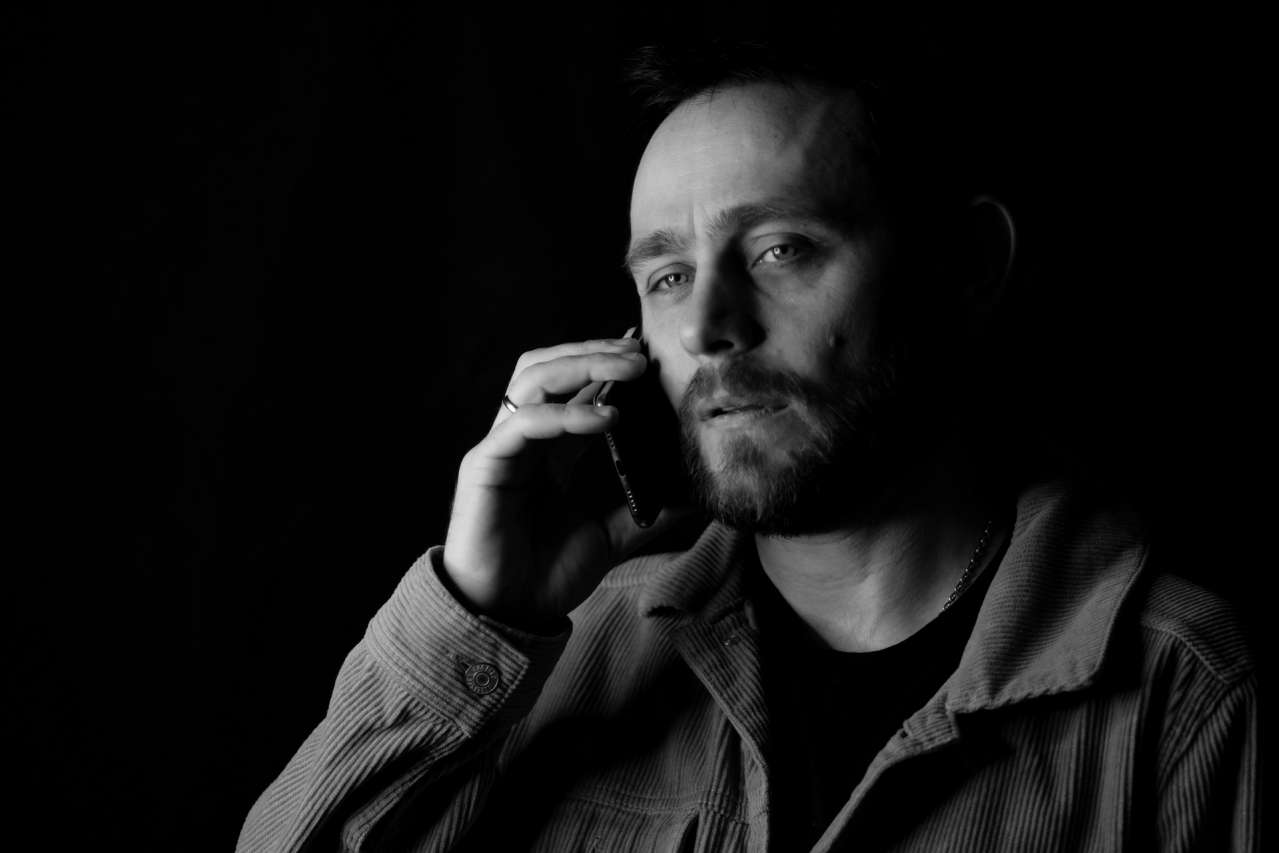Advice from a Psychologist: How to Prevent Burnout
A study published in PLOS One says short breaks help workers have more energy and feel less tired.
How burnout develops
The development is based on neurophysiological changes - the brain at some point stops processing stress and information properly, adaptation to constantly influencing factors gradually decreases, symptoms of professional burnout develop.
How to understand that burnout is starting
Change in feelings: depression, gallows humor, feelings of failure, guilt, bitterness, irritability, feeling nitpicky.
Changes in thinking: decreased concentration, rigidity, suspicion, incredulity, victim mentality, callousness.
Changes in health: sleep disturbance, fatigue, decreased immunity.

How long does emotional burnout last
This is a long protracted process that matures and accumulates over time, taking a person out of working condition for a long time.
If chronic work-related stress lasts more than 3-6 months, it indicates emotional burnout.
What are the ways to prevent burnout
- Establishing a balance between work and personal life.
- Introduction of regular physical activity.
- Sleeping mode.
- Organization of your work.
- Switching between activities.
- Timely request for help.


